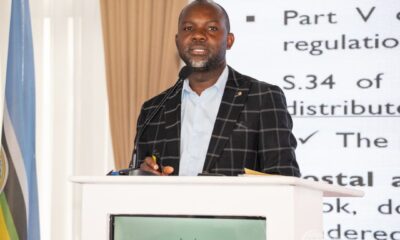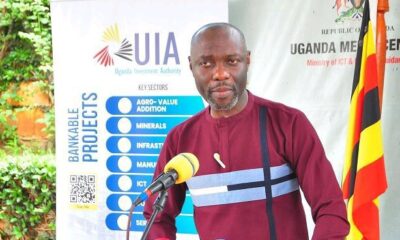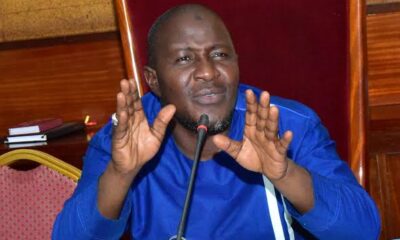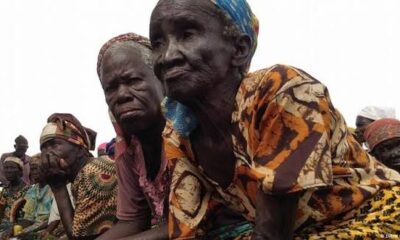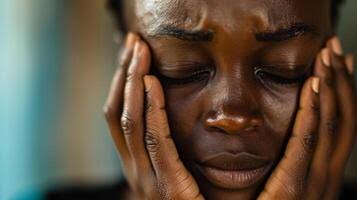Politics
“Yes We Have Him In Our Basement, Any Problem??” UPDF Officials Allegedly Confirm Holding Bobi Wine’s Blue Eyed Boy Tasi Calvin
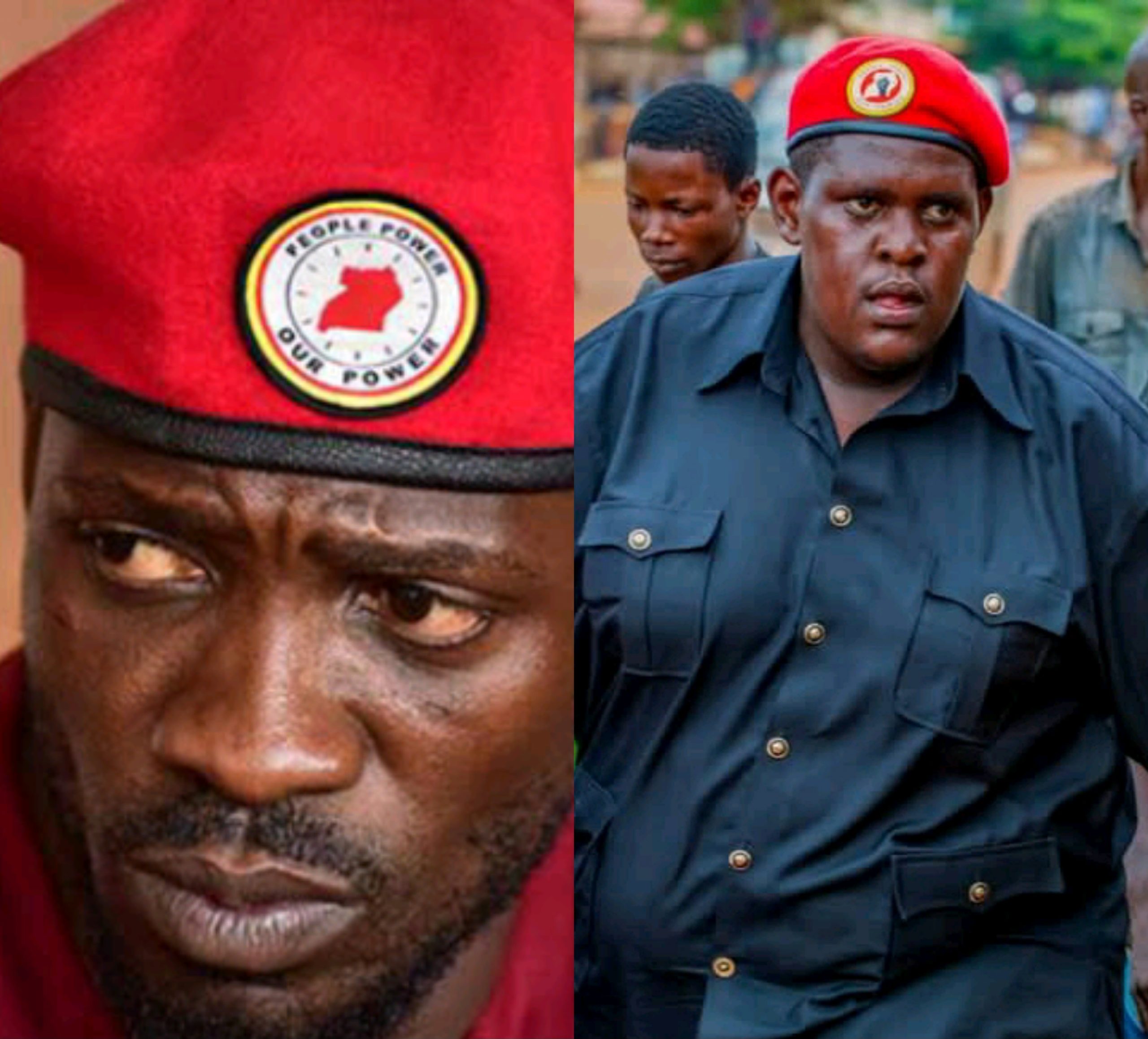
UPDF officials have confirmed that Tasi Calvin, popularly known as Bobi Giant, a prominent National Unity Platform (NUP) activist and bodyguard to opposition leader Bobi Wine, is currently in their custody. Sources indicate that he is being held at a military detention facility under tight supervision.

According to reports, Bobi Giant was abducted by heavily armed operatives dressed in army uniforms. Witnesses say he was quickly taken in a drone to a secure UPDF facility, where he is expected to undergo interrogation. The incident has sparked concern among NUP supporters and the wider public.
When reached for comment, UPDF spokesperson Colonel Felix Kulaigye explained that Tasi Calvin’s detention followed his involvement in a military-style parade at NUP headquarters in Kavule, Kampala earlier this year. The parade was perceived as a direct challenge to government authority and reportedly raised alarms among top Statehouse officials.

Col Kulaigye assured the public that Bobi Giant is being treated according to standard military detention procedures. He stressed that the interrogation aims to gather information related to activities considered a threat to national security.
Political observers note that Bobi Giant’s arrest underscores the tense political environment in Uganda, where opposition activists are closely monitored. His role as Bobi Wine’s bodyguard makes him a high-profile figure, and his detention is expected to attract both local and international attention.

UPDF officials further stated that once the interrogation is complete, Bobi Giant will be formally presented in court to face trial. The exact timing and charges remain undisclosed, but authorities insist that the legal process will be followed.
Supporters of NUP have condemned the arrest, describing it as politically motivated and demanding transparency regarding his welfare and legal rights. The situation continues to evolve, raising broader questions about Uganda’s treatment of opposition figures and the current political climate.

